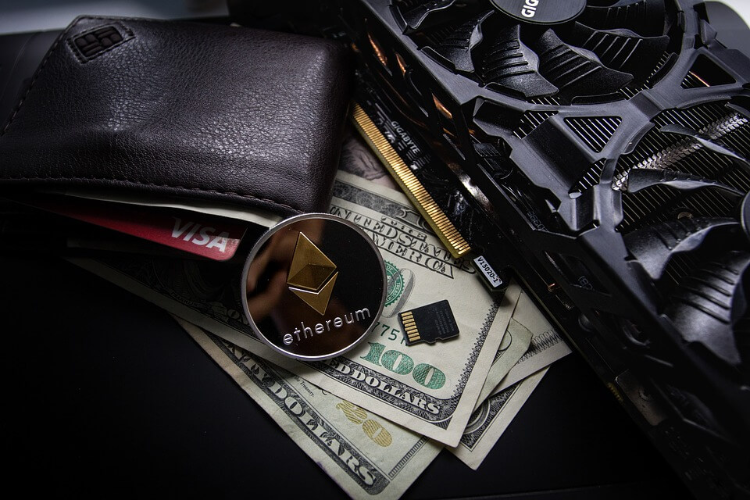Is It Better to Keep Bitcoin in a Crypto Exchange or Wallet?

A brief history of Bitcoin and cryptocurrencies explains why leaving your crypto funds in exchange is a risky affair. Since 2011, criminals have stolen over $1.65 billion in crypto assets, and the trend is accelerating. Keeping your cryptocurrency in crypto exchange for an extended period might not be a good idea.
However, keeping your Bitcoin for short periods on the exchange might have its good side. If you are trading your Bitcoin, it might be easier and more convenient when your bitcoin is on the crypto exchange. For instance, http://immediate-edge.pl/ is a reliable platform that you can use for trading. When not using your Bitcoin, it is advisable to keep it in a wallet.
Exchanges store their Bitcoin in a wallet or set of private keys and keep them safe. They could lose a lot of money from transaction fees if they transferred small amounts to your exchange wallets every time you bought and sold within the ecosystem.
The Dangers of Leaving Cryptocurrency in Exchange
A brief look at the background of Bitcoin and cryptocurrencies reveals why leaving your crypto funds in exchange is risky. Since 2011, over $1.65 billion in crypto assets have been stolen, with the figure growing by the year. When adjusted for inflation amounts to a staggering $12.6 billion loss, according to Hackernoon.
Aside from hacks, issues may arise within the exchange. Any exchange can mismanage, lose money, or engage in fractional reserve banking.
Exchanges are an ideal target for hackers because they hold billions of dollars in cryptocurrency. Hacking a cryptocurrency exchange is frequently more profitable than hacking a bank vault. As a result, exchanges are incredibly vulnerable to highly sophisticated cyber attacks. Consider the following facts:
On average, exchanges lose $2.7 million daily, which experts expect to rise.
Hacking attacks are becoming more sophisticated. It's a gratifying activity, so it pays for the increasing amount of time and effort spent plotting hacks.
Exchanges are not cybersecurity firms. They run financial marketplaces first and foremost, and history has shown that they cannot guarantee top-tier security.
With such large sums at stake, cryptocurrency hacks, schemes, and elaborate attacks are unlikely to disappear soon.
How to Identify a Secure Crypto Exchange
There is no guarantee that you will not become a victim of another high-profile hack, but using a reputable and highly secure exchange reduces your chances significantly. The best and most trustworthy platforms are transparent about the level of security they provide and provide you with many tools to protect your account. When selecting an exchange, look for the following security practices.
- Password protection: Good exchanges don't allow the use of a weak password. A secure password requires you to use a combination of lowercase and uppercase letters, symbols, and numbers, ensuring that no one can brute force it.
- Authentication with Two Factors (2FA): It is critical to have your accounts protected by 2FA. Most exchanges provide a variety of 2FA methods, such as software, SMS, and hardware devices. The platform is quite insecure if you cannot secure your account with 2FA.
- Cold storage: Check whether the exchange stores user funds in cold storage. It is much more challenging to steal funds that are locked offline than it is to steal funds that are in a hot wallet.
- Whitelist IP and withdrawal addresses: Check if you can safelist specific IP addresses for accessing your exchange account. It automatically blocks logins from other locations if enabled.
Consider these factors to ensure your funds' safety when holding Bitcoin in a crypto wallet. Also, choose reputable crypto exchange and wallet providers.